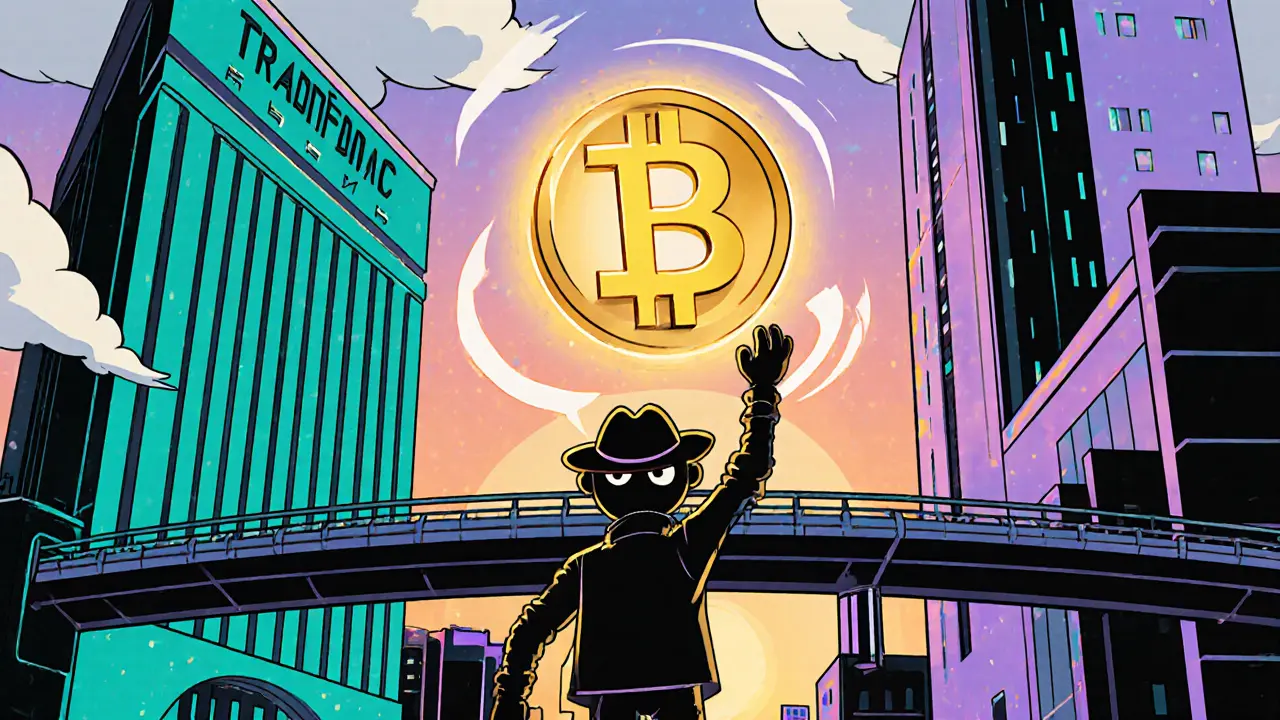DeFi compliance: Rules, Risks, and Real‑World Guidance
When working with DeFi compliance, the set of rules and best practices that decentralized finance projects must follow to meet legal, security, and financial standards. Also known as Decentralized Finance compliance, it helps protect users and keeps projects out of regulatory trouble. Anti‑money laundering (AML), a framework that monitors and reports suspicious transactions to prevent illicit finance is a core pillar of this effort.
Another cornerstone is Know Your Customer (KYC), the process of verifying the identity of users before they can access DeFi services. KYC requirements have grown as governments tighten oversight, meaning platforms now often integrate identity checks directly into smart‑contract workflows. This shift links compliance to user onboarding, influencing everything from token sales to everyday swaps on DEXes like SundaeSwap or MintMe.
Beyond AML and KYC, crypto tax regulations, rules that define how digital asset gains are reported and taxed in various jurisdictions shape how participants manage their portfolios. Countries such as Taiwan and Japan have issued clear guidelines, while others like China enforce outright bans, affecting cross‑border liquidity and airdrop strategies. Understanding tax obligations is essential for anyone claiming rewards from airdrops or participating in IDO launches.
Compliance also touches on practical aspects like exchange licensing and security audits. Platforms reviewed on Domino Zone—whether it’s Coinbase, IMOEX, or the emerging MintMe exchange—must demonstrate that they meet licensing standards and protect user funds. Seed‑phrase management guides, for example, tie directly into security compliance, ensuring that private keys aren’t exposed in ways that could trigger regulatory penalties. Likewise, airdrop projects such as SENSO or WagyuSwap need clear disclosure of tokenomics to avoid accusations of illegal fundraising.
All these pieces—AML, KYC, tax rules, licensing, and security—form a network that keeps DeFi projects legitimate and sustainable. Below you’ll find a curated set of articles that dive deeper into each area, from tax guides for specific countries to step‑by‑step airdrop claims, giving you the tools to stay compliant while exploring the fast‑moving world of decentralized finance.

PureFi (UFI) Airdrop Details: How to Earn Tokens in 2025
Caius Merrow Mar, 30 2025 20Learn how PureFi's (UFI) airdrop works in 2025, from eligibility and KYC steps to safe sources, risks, value estimation, and tips for maximizing rewards.
More Detail